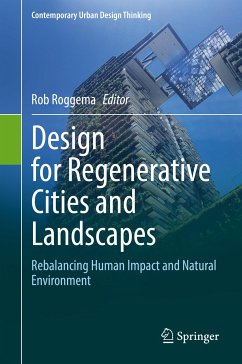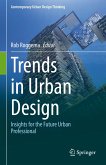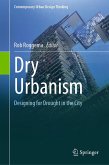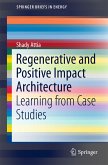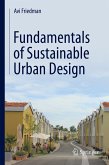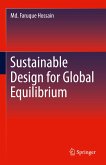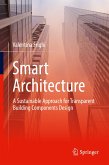This book discusses the way to design and plan for regenerative cities and landscapes. Where sustainability aims to safeguard the resources for future generations, and the resilience concept focuses on dealing with shocks to keep the system functioning, regeneration aims to give back more than it takes from the system. This principle is often used in analytical and assessment literature, but not yet elaborated in a spatial planning and design context, which this book does. It offers insights from a range of perspectives, spatial scales, such as the country level, neighbourhood public space, streets and the building levels, scientific fields and continents, amongst which Africa, Oceania, and Europe.
Dieser Download kann aus rechtlichen Gründen nur mit Rechnungsadresse in A, B, BG, CY, CZ, D, DK, EW, E, FIN, F, GR, HR, H, IRL, I, LT, L, LR, M, NL, PL, P, R, S, SLO, SK ausgeliefert werden.

